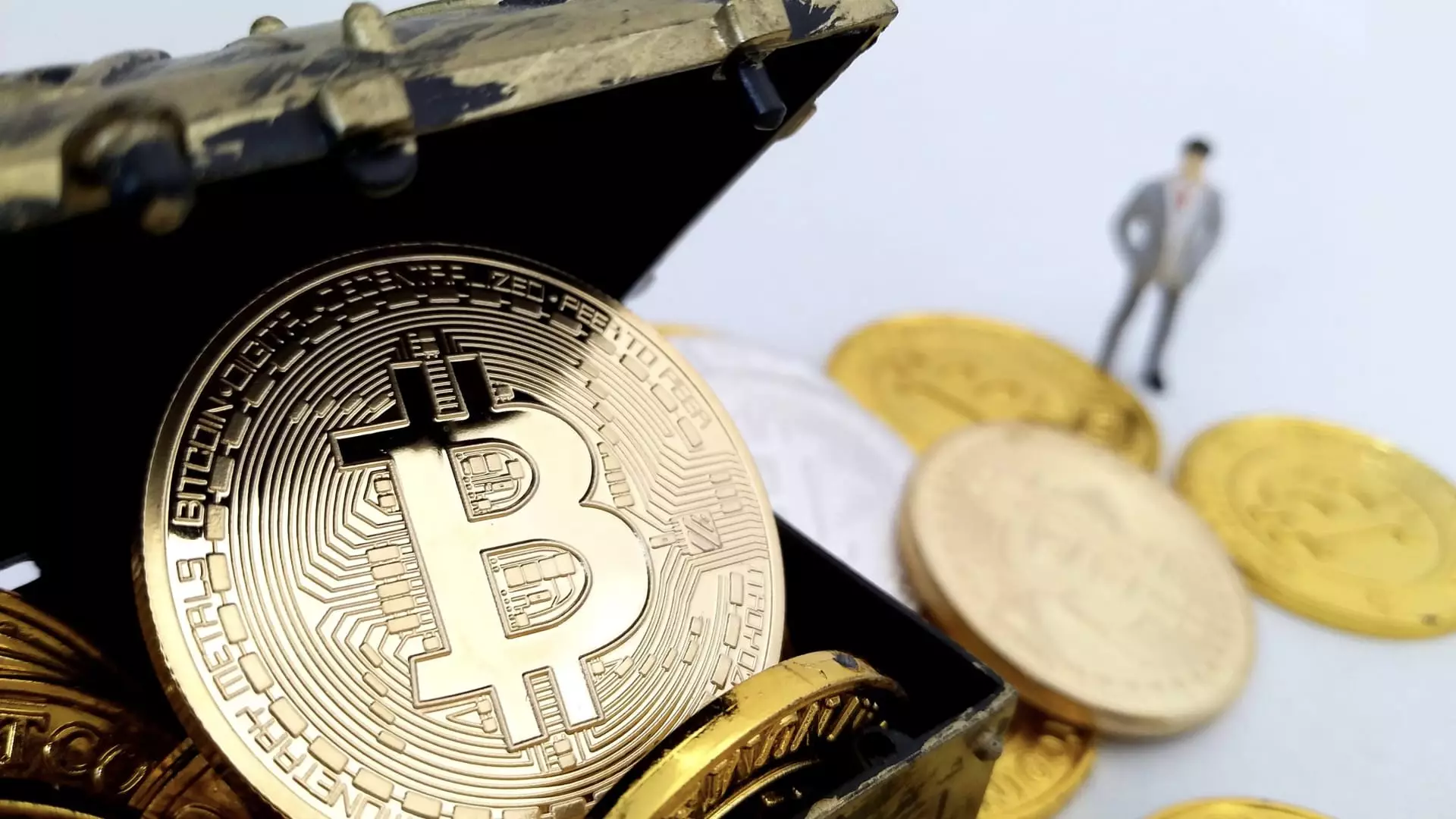Germany’s government has been actively selling off its bitcoin holdings, causing a significant impact on the cryptocurrency market. The Bundeskriminalamt (BKA), Germany’s Federal Criminal Police Office, has sold large amounts of bitcoin seized from a movie piracy website. The sales included 900 bitcoins in June, 3,000 bitcoins last week, and a further 2,739 bitcoins recently. The government has been transferring these funds to major exchanges like Coinbase, Bitstamp, and Kraken. As a result of these sales, bitcoin’s price has plummeted, dropping below $55,000 and leading to a massive market capitalization loss across the crypto industry.
Apart from Germany’s bitcoin sell-off, other external factors are also impacting the cryptocurrency market. The collapse of Mt. Gox in 2014 has led to the payout of billions of dollars’ worth of digital currency to creditors. The trustee for the Mt. Gox bankruptcy estate, Nobuaki Kobayashi, has started repaying creditors in bitcoin and bitcoin cash through designated crypto exchanges. These combined events have created a sense of uncertainty and unease among crypto investors, affecting market sentiment and contributing to the overall market downturn.
The decision by Germany to sell its bitcoin holdings has sparked controversy and criticism from various quarters. Some argue that, instead of selling the bitcoins, the government should have held on to them as a strategic reserve currency. Joana Cotar, a member of the German Bundestag, has voiced her concerns about the sell-off, stating that it is not a sensible or productive decision. She believes that retaining bitcoin as a strategic asset could have long-term benefits for the country’s financial stability and security. Cotar has reached out to top German officials to express her reservations and has invited them to a lecture on the matter with renowned bitcoin influencer Samson Mow.
Germany’s BKA currently holds a significant amount of bitcoins, totaling approximately 32,488 bitcoins. At the current market value, these holdings are worth around $1.9 billion, making them a substantial asset for the German government. These funds were originally seized from the operators of Movie2k.to, a movie piracy site that was shut down in 2013. The bitcoins have been in the possession of the BKA since then and have only recently been liquidated through sales on various exchanges.
The impact of Germany’s bitcoin sell-off extends beyond short-term market fluctuations. While the sales have caused a sharp decline in bitcoin’s price, it has also raised questions about government intervention in the cryptocurrency space. The response from investors and industry experts will shape future policies and strategies regarding the regulation and management of digital assets. Whether Germany’s decision to sell its bitcoin holdings proves to be detrimental or beneficial remains to be seen, but it highlights the complex relationship between government actions and the volatile nature of cryptocurrencies.
Germany’s recent bitcoin sell-off has had a significant impact on the crypto market, causing price drops and market uncertainty. The government’s decision to liquidate its substantial bitcoin holdings has drawn criticism and raised important questions about strategic asset management. The repercussions of these actions will shape the future of crypto regulations and government involvement in the digital asset space. As the market continues to evolve, it will be crucial to monitor how countries like Germany navigate the complexities of cryptocurrencies and their implications for global financial systems.


Leave a Reply